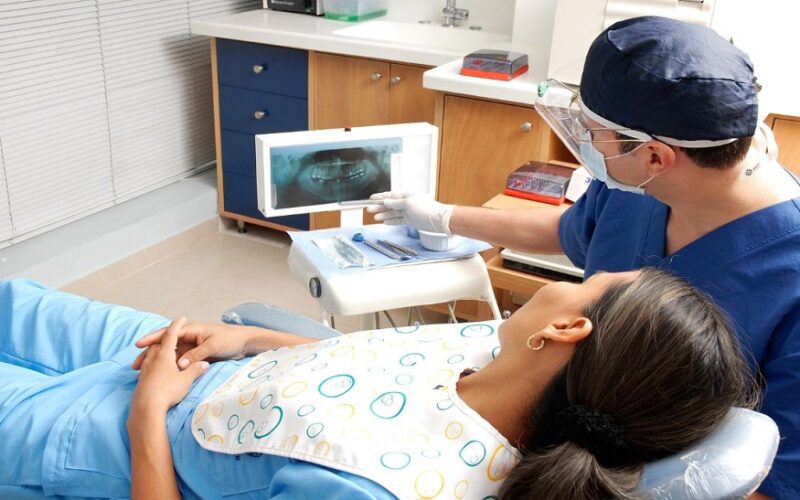An in-depth study recently presented at the American College of Surgeons Clinical Congress 2022 shows that telemedicine has an unexpected benefit among surgical patients. What is that benefit? Fewer no-shows for both initial consultations and follow-up visits. Apparently, surgical patients are more likely to keep their appointments if they can do so via telemedicine.
The reasons behind the phenomenon could be many and varied. But right off the top, it stands to reason that the convenience factor is probably in play. It is a whole lot more convenient to visit with your surgeon remotely as compared to devoting several hours to an office visit.
More About the Study
Researchers looked at data produced by seven clinics at the University of Alabama Birmingham. The data covered more than 553,000 visits involving a diverse collection of patients with an average age of 60 years. Patients were divided into three categories:
- In-person visits from January 2018 to March 2020
- In-person visits from March 2020 to December 2021
- Telemedicine visits from March 2020 to December 2021.
Across the entire data set, the average no-show rate for initial consultations and follow-up visits was 11.3%. But when looking at the no-show rates for the individual groups, the numbers were drastically different:
- No-show rates among both in-person groups came in at 11.7%
- No-show rates among the telemedicine group were 2.5%.
They also discovered that no-show rates were lower among older patients in the first group compared to the second. Adjusting for several variables revealed that telemedicine visits could reduce no-show rates by as much as 79%.
The Importance of Both Visits
Looking at the study from a broad perspective is beneficial in the sense that it could suggest lower no-show rates across all of healthcare. But in terms of surgical patients, the study takes on more importance. Both initial consultations and follow-up visits are critical to surgical procedures. Such procedures cannot be safely done without consultations between surgeons and their patients.
When a patient misses the initial consultation, surgery needs to be delayed. No surgeon will move forward if a consultation hasn’t taken place. As for follow-up visits, their importance should be self-evident. Surgeons follow up with their patients to monitor recovery and address any issues that might arise. Not making a follow-up appointment only puts a patient’s health at risk.
Telemedicine Makes It Simpler
Being that initial consultations and follow-up visits are so important, it makes sense that surgeons would want to make things as simple as possible for patients. The simpler, the better. That is exactly what telemedicine does, according to telemedicine kiosk manufacturers CSI Health.
CSI Health says that giving patients access to telemedicine makes their appointments as simple as initiating a video chat and having a conversation. Patients do not have to commute. They do not have to sit in traffic, take time off from work, or find a babysitter for the kids.
Making visits simple also makes them easier to keep. On the other hand, forcing patients to jump through hoops only makes it more difficult for them to follow through. There are too many variables to get in the way. Every variable represents a possible interruption of a patient’s plans, thereby increasing the chances of a no-show.
While the University of Alabama study does not address no-shows across all of healthcare, it does clearly demonstrate that surgical patients are more likely to make their appointments when they have access to telemedicine. For that reason alone, telemedicine deserves further study as an alternative to traditional healthcare delivery. Where it works well, it should be promoted among both providers and patients.

